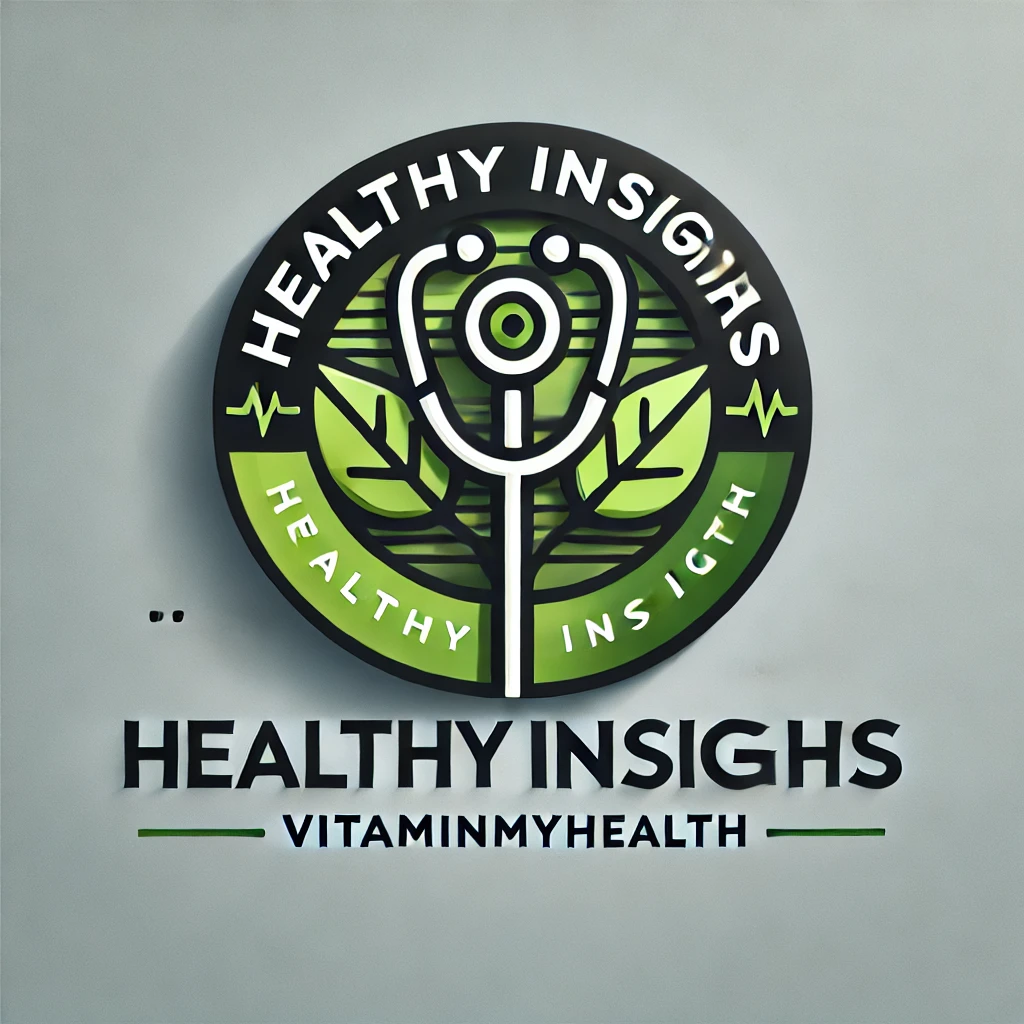Vitamin B5 (Pantothenic Acid): Benefits, Sources, and Daily Needs
Vitamin B5, also called pantothenic acid, is a vital water-soluble vitamin that plays a key role in energy production, skin health, heart function, and stress management. Since the body cannot store Vitamin B5, you must include it in your daily diet.
What is Vitamin B5?
Vitamin B5 is essential for producing Coenzyme A (CoA), a molecule that:
-
Breaks down food into energy, fatty acids, and cholesterol
-
Helps create sphingosine, a fat-like molecule for cell communication
-
Supports liver function in detoxifying medications and toxins
👉 Without enough Vitamin B5, the body struggles with energy metabolism and fat conversion.
Vitamin B5 Benefits
51. Supports Digestive Health
Vitamin B5 enhances digestion by helping the body absorb other vitamins like Vitamin B2 (riboflavin). Together, they support stress balance and smooth nutrient absorption.
42. Improves Skin Health
-
Acts as a natural moisturizer
-
May heal wounds and skin lesions
-
Clinical studies show it reduces facial acne after 12 weeks of supplementation
⚡ This makes Vitamin B5 a potential natural remedy for acne and skin hydration.
33. Promotes Heart and Cholesterol Balance
Some research suggests pantothenic acid may:
-
Lower cholesterol and triglycerides
-
Support cardiovascular health
(Consult your doctor before supplementation for heart conditions.)
24. May Help Arthritis
Low Vitamin B5 levels have been linked to rheumatoid arthritis. Although research is ongoing, a sufficient intake may support joint health.
Vitamin B5 Deficiency Symptoms
Deficiency is rare but possible. Symptoms include:
-
Fatigue and irritability
-
Depression, sleep issues
-
Stomach pain, nausea, cramps
-
Numbness or burning feet
-
Frequent infections
-
Premature greying of hair (observed in animal studies)
Daily Recommended Intake of Vitamin B5
| Group | Daily Requirement |
|---|---|
| Infants (0–6 months) | 1.7 mg |
| Infants (7–12 months) | 1.8 mg |
| Children (1–3 years) | 2 mg |
| Children (4–8 years) | 3 mg |
| Children (9–13 years) | 4 mg |
| Teens & Adults (14+) | 5 mg |
| Pregnant Women | 6 mg |
| Breastfeeding Women | 7 mg |
Best Food Sources of Vitamin B5
Vitamin B5 is found in both plant and animal foods:
-
Meat & Poultry: Chicken, turkey, pork, beef liver, duck
-
Seafood: Salmon, shellfish, lobster
-
Grains: Whole-grain bread, cereals (processing may reduce content by 75%)
-
Dairy: Egg yolk, cheese, milk, yoghurt
-
Legumes: Lentils, soybeans, split peas
-
Vegetables: Avocado, mushrooms, sweet potatoes, broccoli, kale, cauliflower
-
Nuts & Seeds: Peanuts, sunflower seeds, wheat germ
-
Other: Royal jelly, brewer’s yeast, oats
⚡ Pro Tip: Choose fresh and unprocessed foods, as freezing, milling, and canning reduce Vitamin B5 levels.
Conclusion
Vitamin B5 (pantothenic acid) is crucial for energy, skin health, cholesterol control, and digestion. While deficiencies are rare, eating a balanced diet rich in whole foods ensures you get enough daily.
Taking care of your Vitamin B5 intake is a simple step toward better health, energy, and overall wellness.
FAQs About Vitamin B5
Q1: What is Vitamin B5 good for?
Vitamin B5 supports energy metabolism, healthy skin, heart function, and stress management.
Q2: Can Vitamin B5 help with acne?
Yes, studies suggest Vitamin B5 may reduce acne breakouts and improve skin hydration.
Q3: Which foods are highest in Vitamin B5?
Chicken, beef liver, salmon, avocado, sunflower seeds, and mushrooms are top sources.
Q4: Can you take too much Vitamin B5?
Vitamin B5 is water-soluble, so excess is usually excreted in urine. Extremely high doses may cause diarrhea.
Q5: Is Vitamin B5 good for hair?
Some studies link Vitamin B5 to healthier, shinier hair, and preventing premature greying.




